New rehabilitation centre is 'blueprint' for NHS
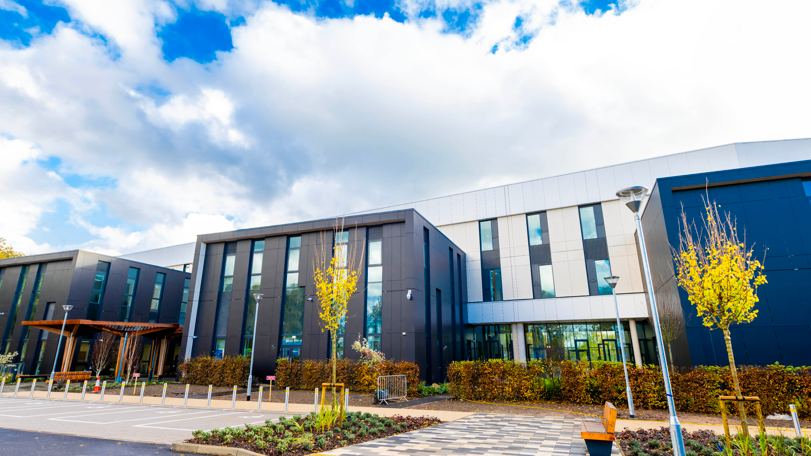
The new NHS National Rehabilitation Centre is set in parkland in the grounds of the Stanford Hall Rehabilitation Estate in Nottinghamshire
- Published
Plans for a specialist NHS rehabilitation facility to help people recover from serious injuries and illnesses have been years in the making.
Health bosses want the 70-bed National Rehabilitation Centre (NRC) at Stanford Hall in Nottinghamshire to be the blueprint for the way the care is delivered across the NHS.
The £105m centre, run by Nottingham University Hospitals (NUH) NHS Trust, was first proposed in 2009.
Miriam Duffy, director of the NRC, said the opening of the facility had marked a "new era" in recovery treatment.
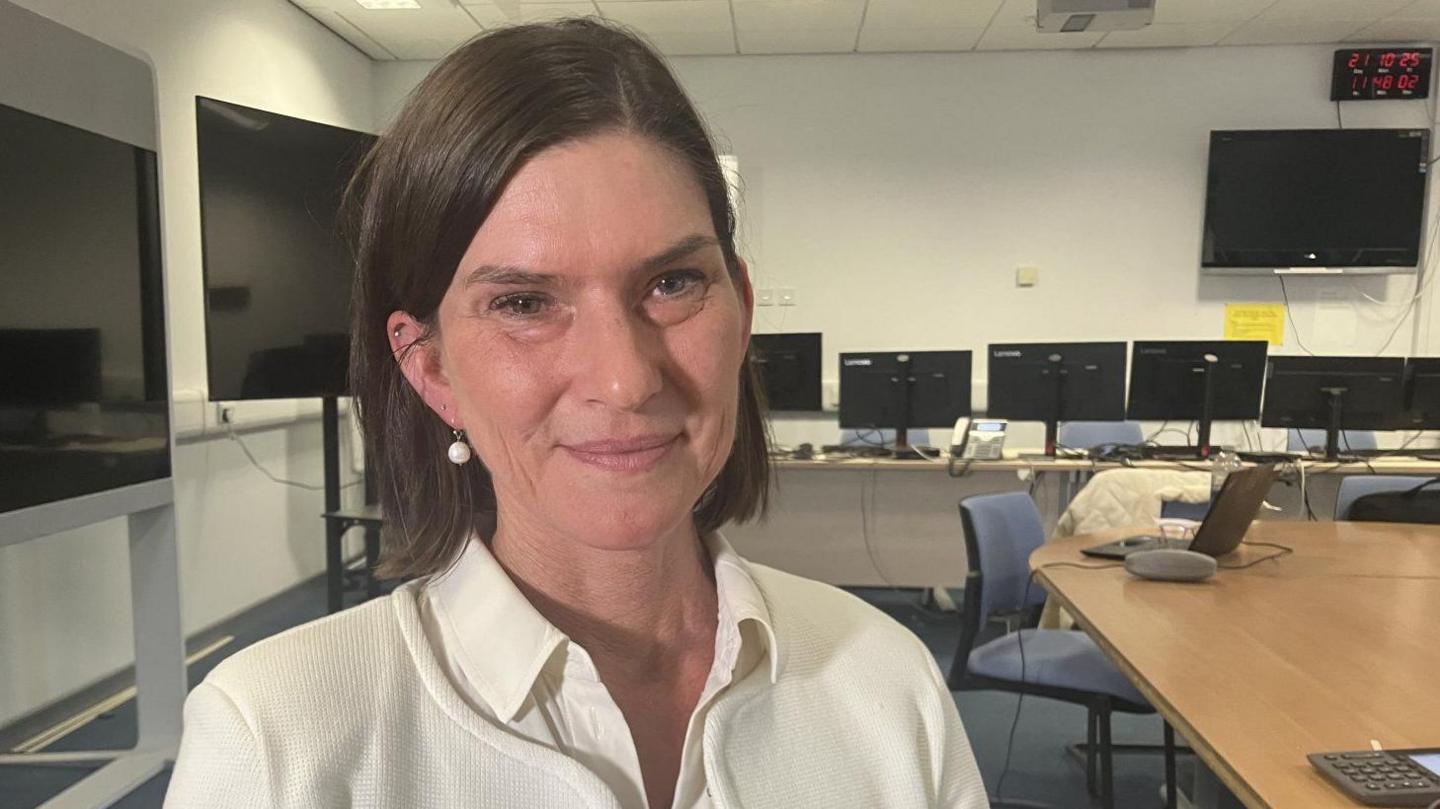
Miriam Duffy, whose background is in physiotherapy, has led the project to deliver the NHS National Rehabilitation Centre for 10 years
The former physiotherapist said the "NHS does not currently have enough capacity to rehabilitate everybody who needs it".
She hopes the centre, which has the equivalent of a 200 full-time strong workforce, will change that.
Ms Duffy also said the facility would help "get some people back to work who otherwise wouldn't be able to do so," delivering "benefits for taxpayers".
What treatment will be offered?
Ms Duffy said patients will be given a "combination of physical rehabilitation and psychological support" during their stay, which will typically range from two weeks to three months.
Physios, occupational therapists and speech and language therapists "will work with patients to rebuild strength and conditioning and coordination".
The team will also look to improve cognitive function where necessary, which for patients with a brain injury can be a major challenge.
Staff will involve families in treatment wherever possible to help people eventually return to their social environment, Ms Duffy said.
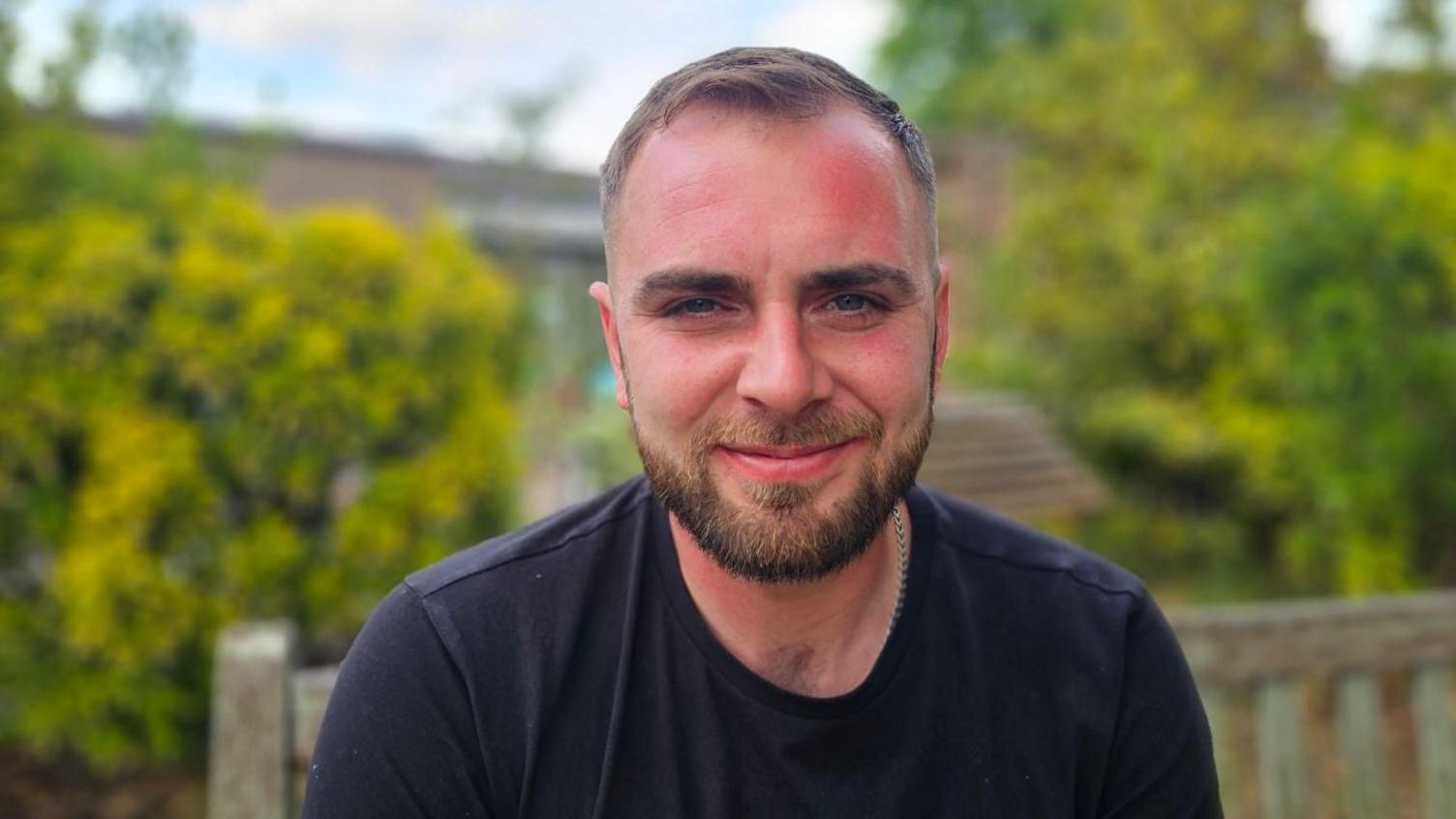
Luke Pickering says he is looking forward to supporting patients requiring intensive NHS rehabilitation after he had to learn to walk again
Patients are supported by a team of six so-called ambassadors who have experienced the physical and mental demands of intensive rehabilitation.
Luke Pickering, a mechanic from Nottingham and father-of-two, became completely paralysed but has made a strong recovery and is now back at work.
Two years ago, he could not even stand after being diagnosed with Guillain-Barré syndrome, external, , externala rare complication from an infection where his immune system attacked his nerves.
The 32-year-old, who spent three months in hospital, credits the intensive rehabilitation support he got from the NHS for his recovery.
"I am just so grateful to the NHS, I now want to help others.
"I just want to give back to the community and hope to give patients just that poke of encouragement.
"Tough times don't last, tough people do," he said.
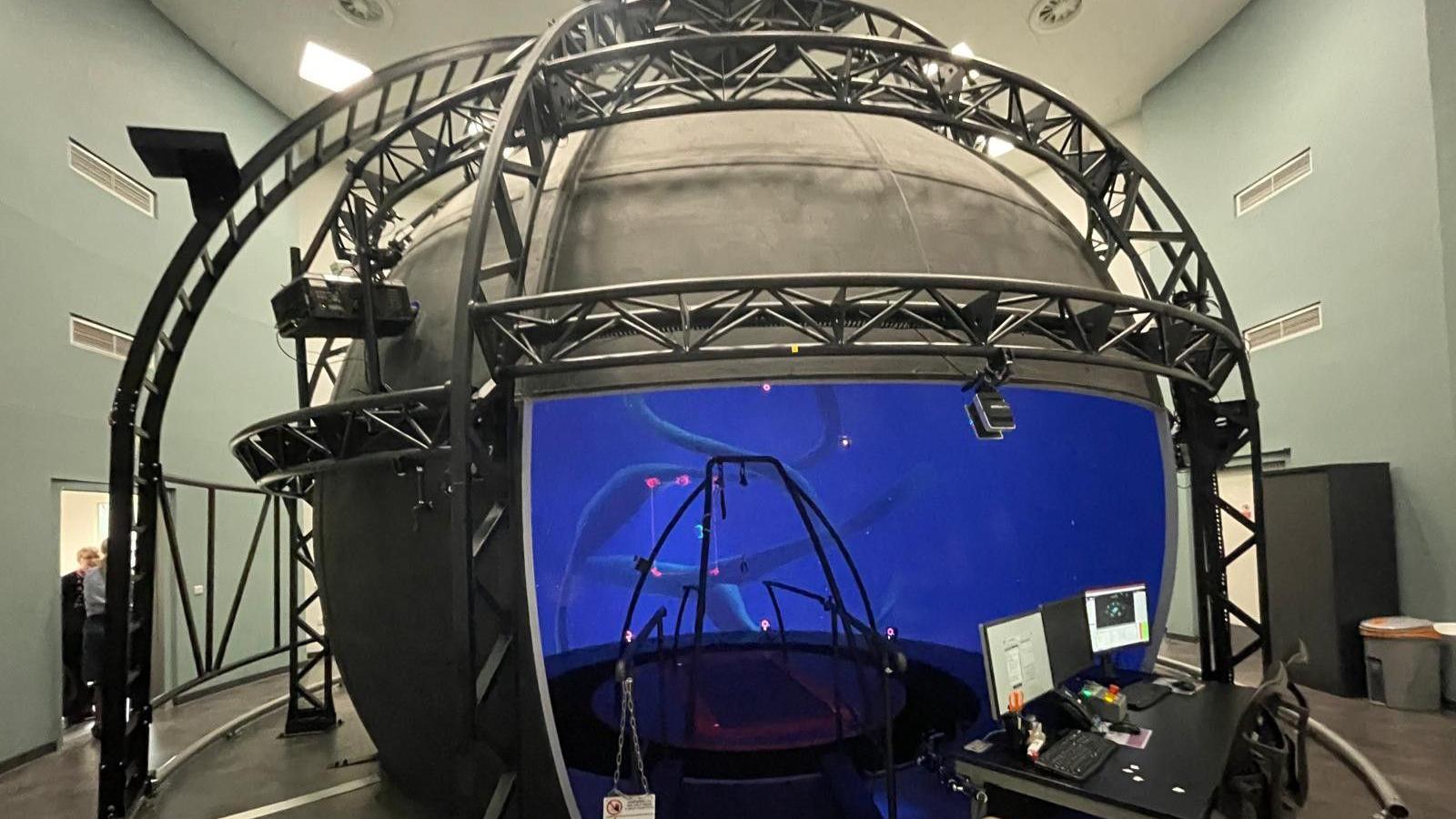
Patients can use virtual reality technology at the neighbouring armed forces rehabilitation facility, which tests a patient's movement and balance
Patients can also visit the Defence Medical Rehabilitation Centre (DMRC), which is on the same site as the NRC and use the advanced equipment on offer there.
Its facilities include a Computer Assisted Rehabilitation Environment (CAREN) - a dome which creates an almost 360 degree immersive virtual reality experience, with a treadmill and hoist on a fully moveable platform to test a patient's movement and balance.
They also have access to a full hydrotherapy suite, including a large swimming pool an underwater treadmill, and a therapeutic jacuzzi.
More than 9,000 military personnel, including both inpatients and outpatients have been cared for at the centre since it opened in 2018.
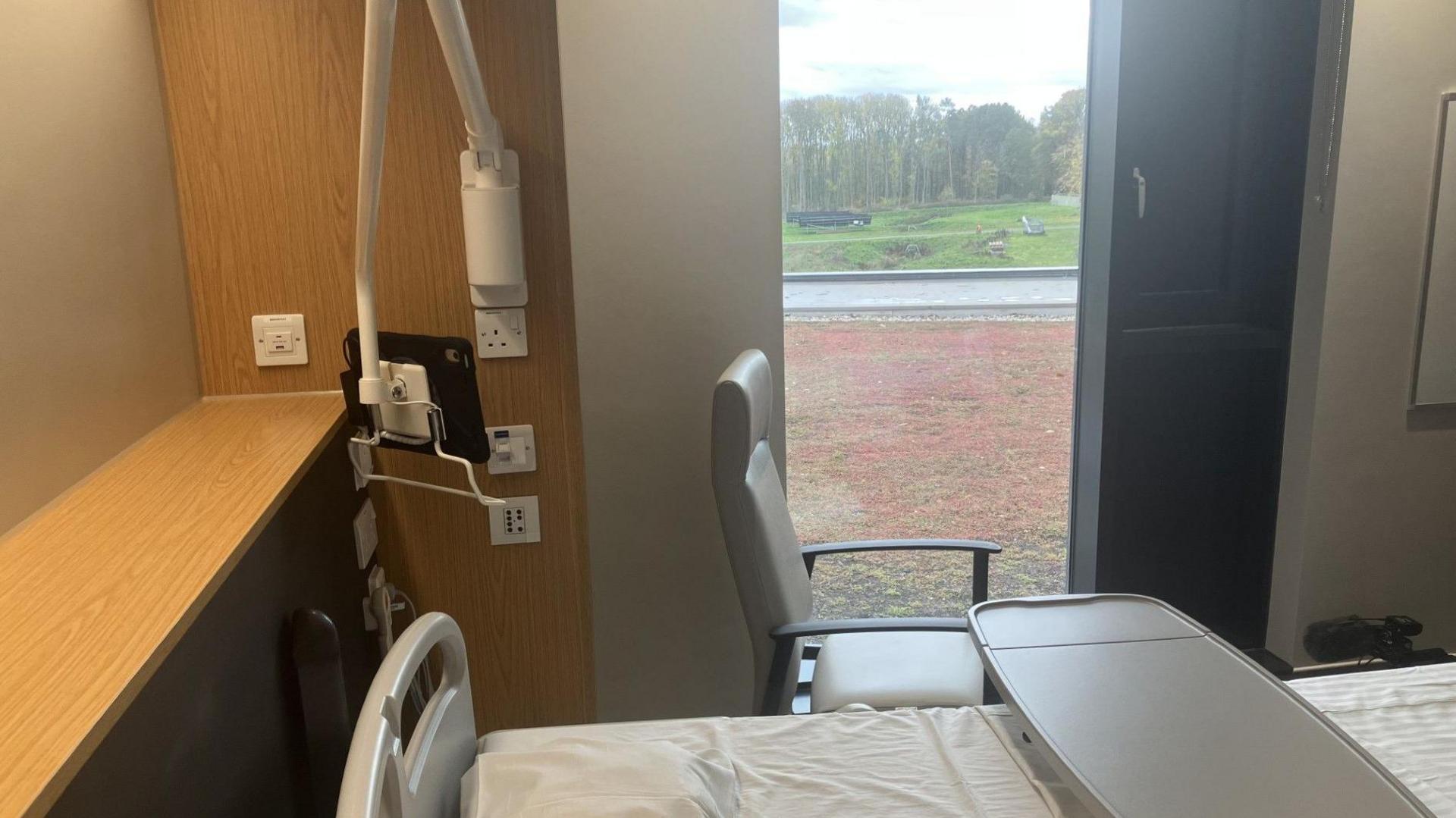
Most of the bedrooms at the NRC are single with en-suite bathrooms overlooking parkland which patients can access
Wing Commander Alex Scott, a consultant in rehabilitation medicine at the DMRC, said the collaboration with the NHS is about "returning people to society to live their life".
"We don't know the full potential yet. I have always understood the value of getting patients more independent and back into work.
"It is really exciting to see an NHS facility so close doing similar things," she said.
Patients at the NRC do not need to travel to Nottingham's main hospitals for scans as they can use facilities at the DMRC.
Miriam Duffy said the Ministry of Defence (MoD) facility had a much stronger track record of getting ill and injured people from the armed forces back to work than the NHS but the NRC is trying to close that gap.
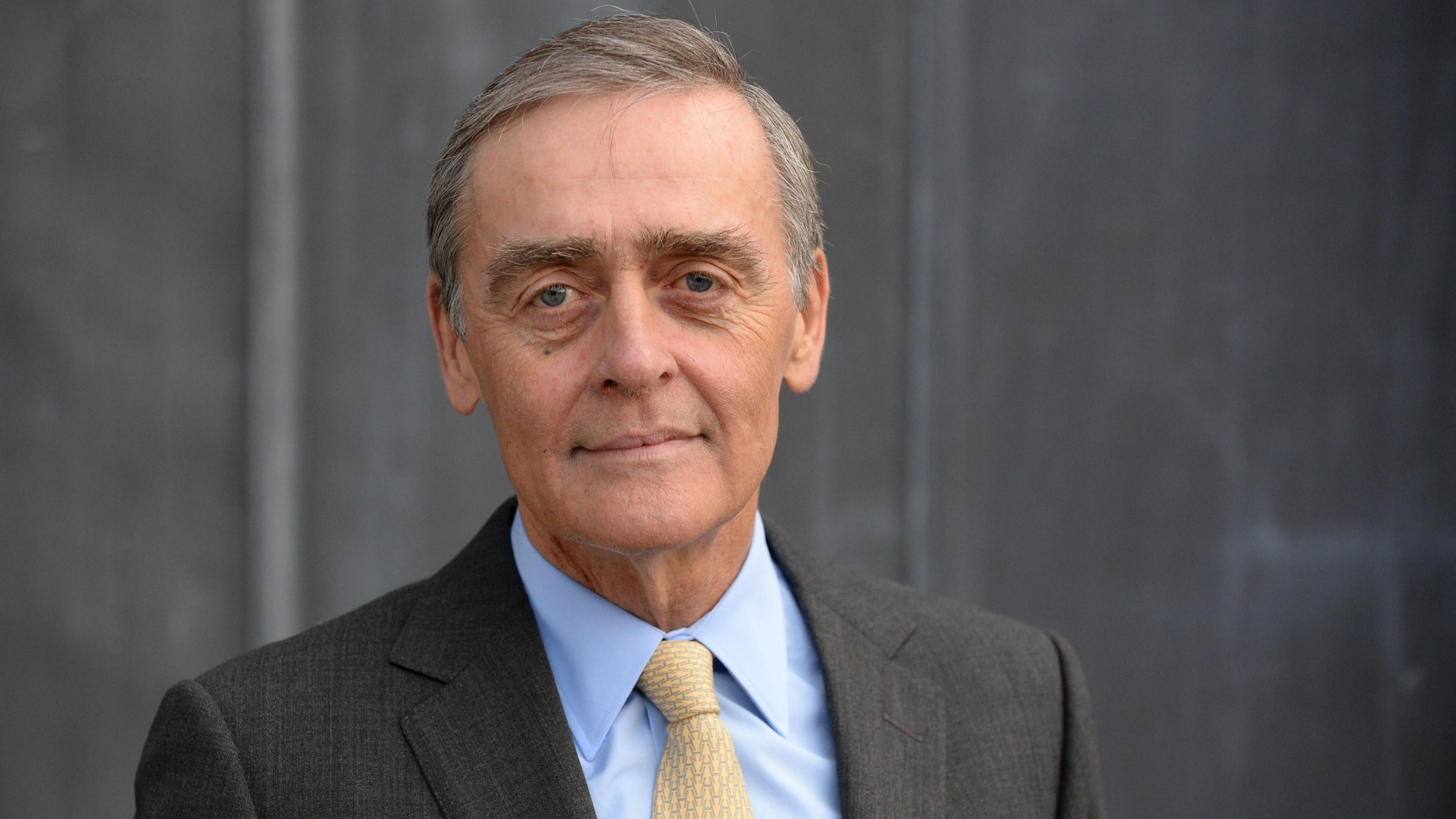
The Stanford Hall Rehabilitation Estate was the vision of Gerald Grosvenor the late sixth Duke of Westminster
How did the centre come about?
Both the NRC and DMRC stem from an initiative by the sixth Duke of Westminster in 2009 to replace the old defence rehab facility, Headley Court in Surrey, with a facility for the 21st Century.
Former Defence Secretary Des Browne (now Lord Browne) asked if the duke "could do something for the nation too" and a plan was developed to acquire Stanford Hall - a former stately home estate.
A feasibility study was accepted by the government in 2011 – which led to the start of the programme and the creation of the Black Stork Charity (BSC) to manage the estate.
Gerald Grosvenor, sixth Duke of Westminster, died in 2016 before he could see his "lifetime project" realised but the seventh duke, together with the Grosvenor family, has continued his work.
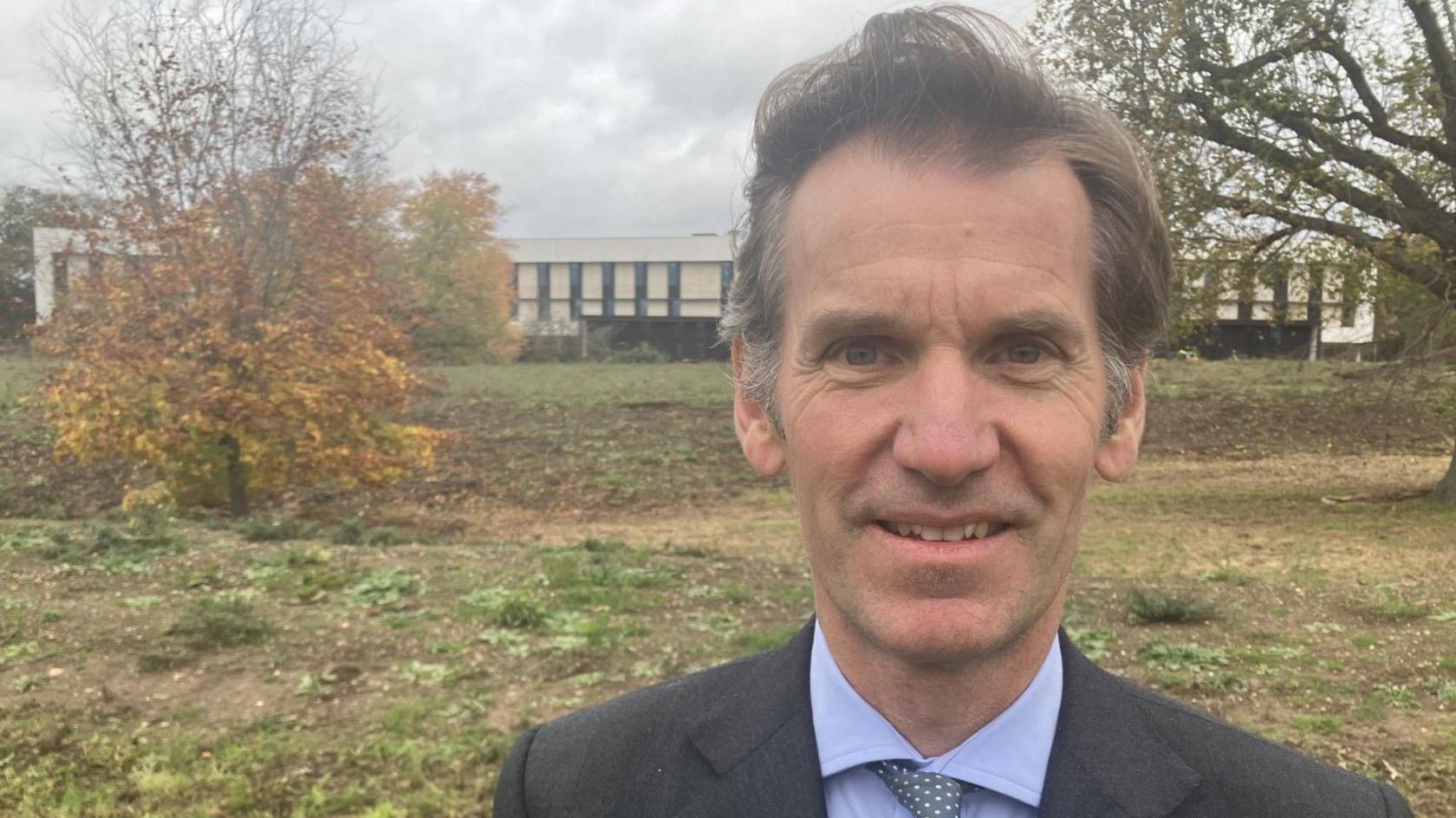
Mark Preston of the Black Stork Charity says the NRC aims to revolutionise rehabilitation across the NHS
Mark Preston, chairman of the Black Stork Charity, said the duke bought the estate providing the land to the NHS and helped raise £300m - contributing about a third himself.
"This was the duke's lifetime project. He would be thrilled to bits to see this.
"Our hope is that the approach here will soon prove itself and spread across the nation," he said.
Start of 'something big'
Labour Health Minister, Karin Smyth who toured the facility said it was a "glimpse of the future" of rehabilitation treatment.
She said the NRC fits with the 10-year health plan for England, external embracing technology, more care in the community and focusing on preventing people getting worse.
Miriam Duffy said the NRC was collaborating with 26 universities across England to support research and its approach could eventually be rolled out across the country.
She said the "case for improving NHS rehab is strong" and predicts the centre will be the start of "something big".
Get in touch
Tell us which stories we should cover in Nottingham
Follow BBC Nottingham on Facebook, external, on X, external, or on Instagram, external. Send your story ideas to eastmidsnews@bbc.co.uk, external or via WhatsApp, external on 0808 100 2210.
Related topics
- Published30 December 2024
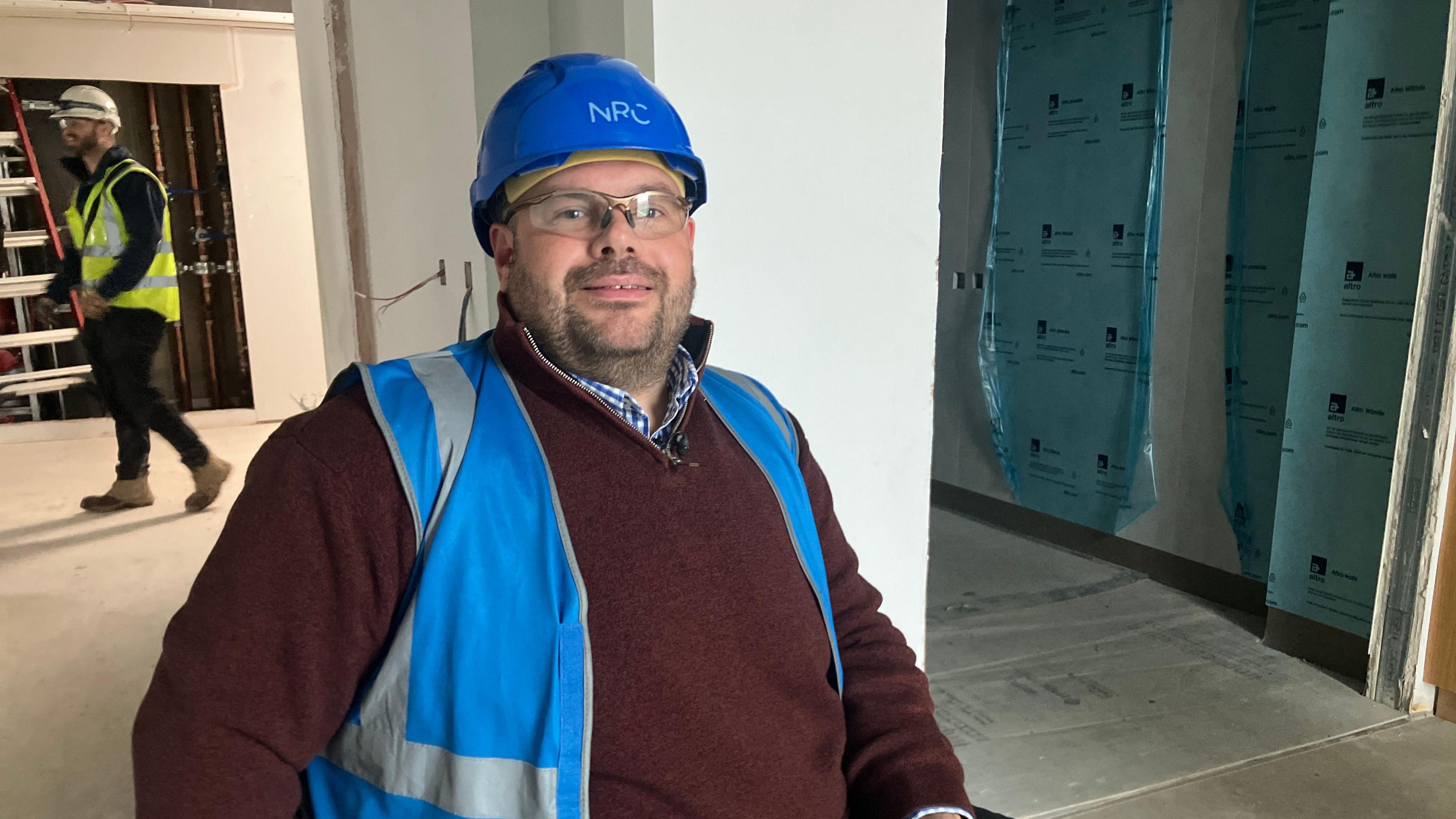
- Published31 December 2023
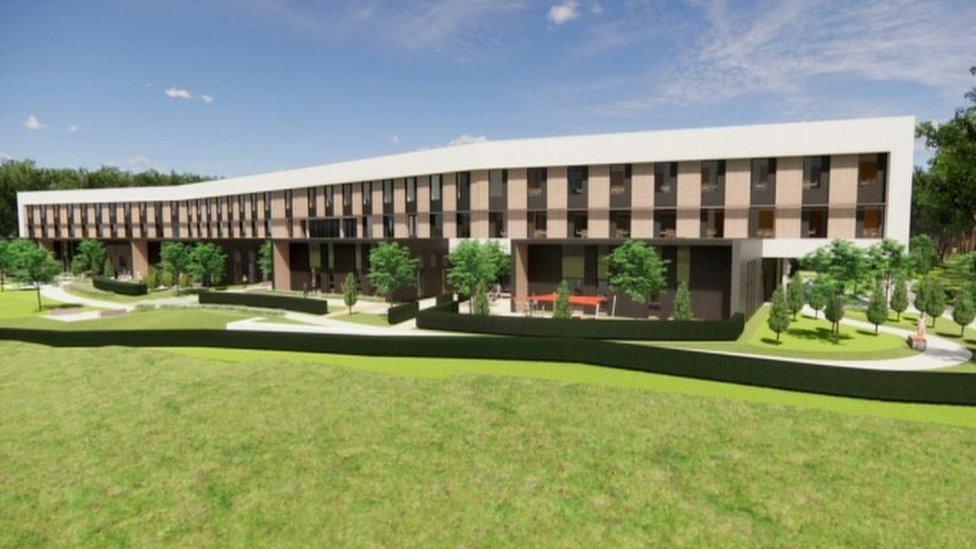
- Published21 September 2023
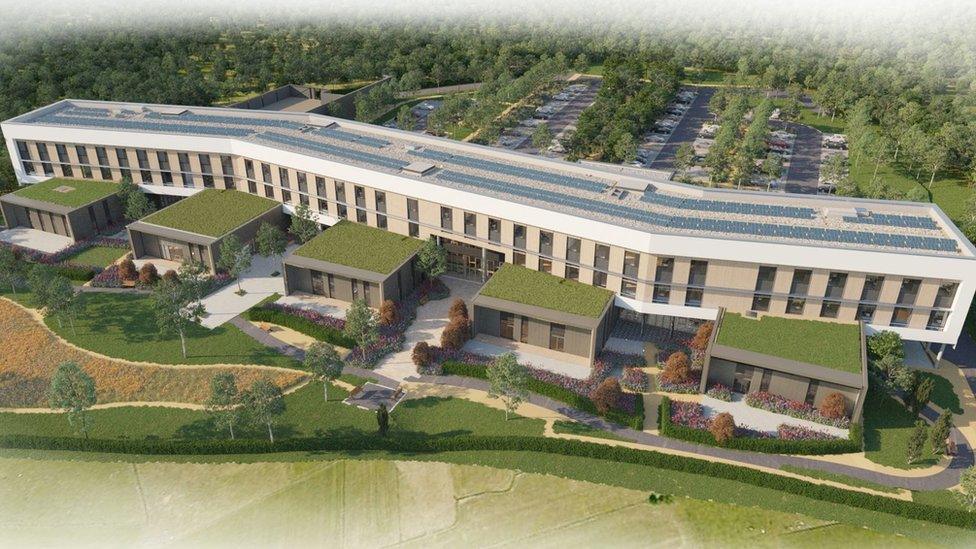
- Published11 May 2022
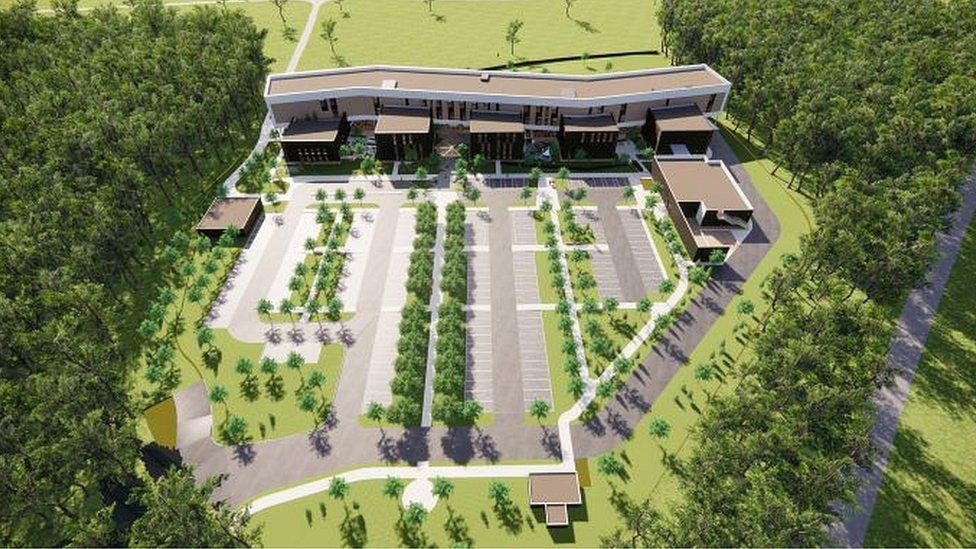
- Published21 September 2023
